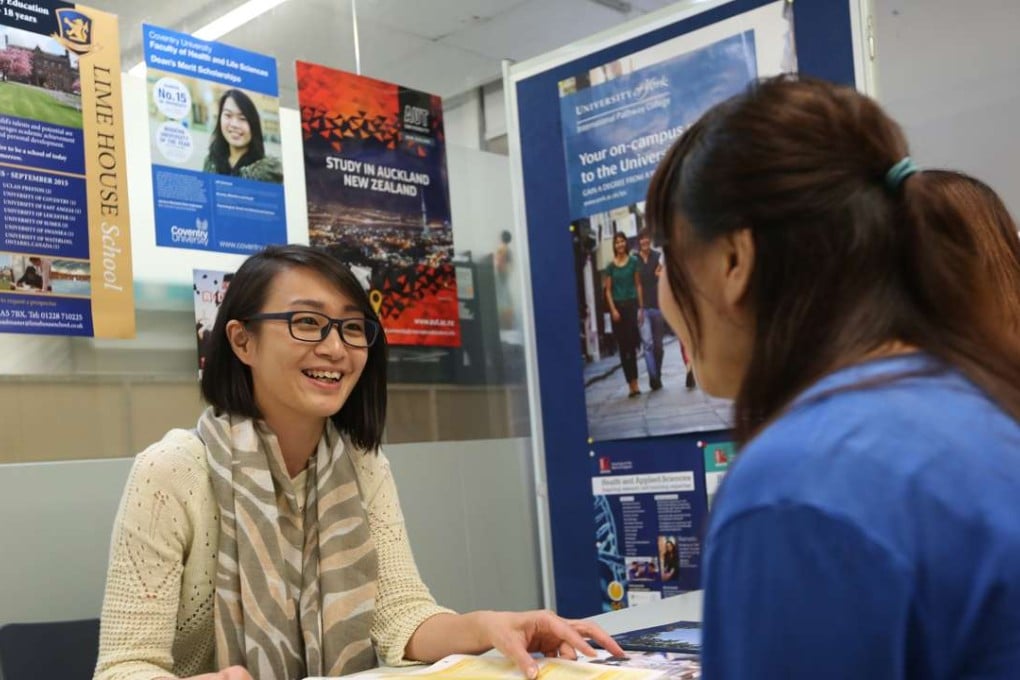Why parents in Hong Kong and China use consultants to find US college places for their children
Consultants smooth the process of applying for university abroad, and the best ones find an institution that suits a student’s personality and talent. But there are rogue operators too, especially in China

Barely recovered from a gruelling flight back to Hong Kong after sending her son Evan to university in the US state of North Carolina, Doris Choy (not her real name) is gearing up for another round of college applications. Her daughter Chloe starts Year 10 in September and Choy is already bracing herself for the nerve-wracking ordeal. Only this time she is more prepared.
Like many parents, Choy wants her children to get the best education possible.
“When Evan was preparing for college applications in Year 11, his counsellor called me in and asked what type of schools would suit him; I just named the most popular choices off the top of my head,” Choy recalls.
“What [the counsellor]meant was which were the schools with the size, location, courses and racial diversity that Evan would be happy with. But I had no idea then.”
Although she trusted the school to help Evan make his choice, Choy attended an education consultant’s seminar to explore other options. In the end mother and son decided not to engage an agent.

There was a time when college applications were a straightforward affair. Students simply researched universities offering courses they wanted, visited education fairs and then sent in applications to a few colleges with some description of extracurricular activities and teachers’ recommendations.